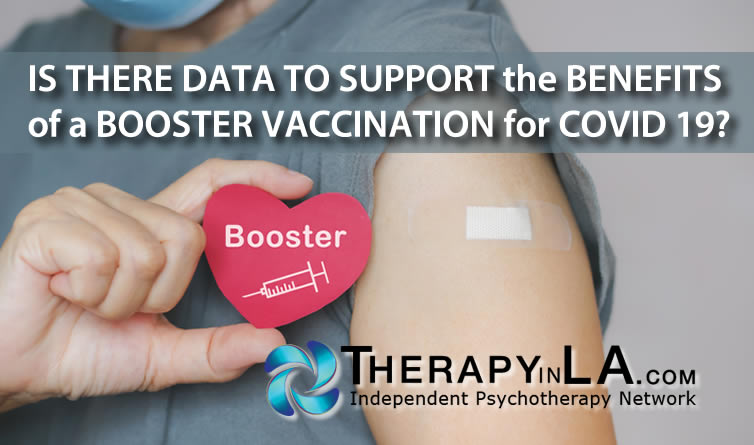IS THERE DATA TO SUPPORT the BENEFITS of a BOOSTER VACCINATION for COVID 19?
IS THERE DATA TO SUPPORT the BENEFITS of a BOOSTER VACCINATION for COVID 19?
By Alan M. Solomon, Ph.D.
Ongoing efforts to encourage people to get a booster for their COVID 19 vaccination in recent months has been demonstrated to be effective by some research completed in Israel. Israel has a nationalized health care system, which is highly developed with digital record keeping, with a relatively small population as well. This contributes to reliable data available quickly, as has been cited in this blog over the pandemic period.
On August 1, 2021, a booster campaign was begun in Israel, using the Pfizer vaccine, with the effort generalized to all citizens over 30 years old on August 24; older and high-risk individuals were also included in this program. A minimum period of five months since the second dose was required. By October 4, 2021, more than 3.6 million people had been vaccinated with a booster. (https://jamanetwork.com/journals/jamainternalmedicine/fullarticle/2786890)
The analysis of data to compare the benefits of a third dose to a 2-dose regimen, was done on the country’s second largest HMO, which includes 2.5 million members. One analysis showed a reduction of 83-87% in the likelihood of testing positive for COVID 19, at least two weeks following the booster injection. This reduction is on top of the reduction in risk from the 2-dose regimen.
A few questions remain. How does this reduction continue over time, as data has shown that protection from a two-dose regimen does wane as time goes on? With the new Omicron variant, how well does vaccination work with two doses, as well as three?
As of this writing (December 9, 2021), the data is very preliminary and incomplete. Pfizer released an initial laboratory study that indicated that a third shot does improve antibody responses to the Omicron variant to the level that two injections created for the Delta variant. Two doses produced a “much lower level of antibodies protecting against Omicron than against an earlier version of the virus.” This is a very small sample (only 39 patients). It also only tests for antibodies, which is only one part of the immune system’s response to an infection; T cells are another very powerful part of the immune system’s way to battle infected cells. This study has yet to be reviewed by other scientists. So, these results are suggestive and encouraging, far from definitive. Other countries (Israel and the UK, for example), with more centralized medical systems and more systematic tracking of the virus will likely provide more data in the coming weeks. (https://nyti.ms/3dyn9Wx)
At any rate, it does appear that the pandemic will be an ongoing issue for us all, with all the attending psychological challenges that it presents: anxiety, depression, sleep disruption, substance abuse, child abuse, domestic violence, eating disorders (as discussed in previous blogs).
Dr. Alan M. Solomon is a clinical psychologist in private practice in Torrance, CA. A member of the Independent Psychotherapy Network, he can be reached at 310 539-2772 or dralanms@gmail.com Telehealth sessions, as well as in-person session for fully vaccinated individuals are available.
Copyright 2022 by Alan M. Solomon, Ph.D.

